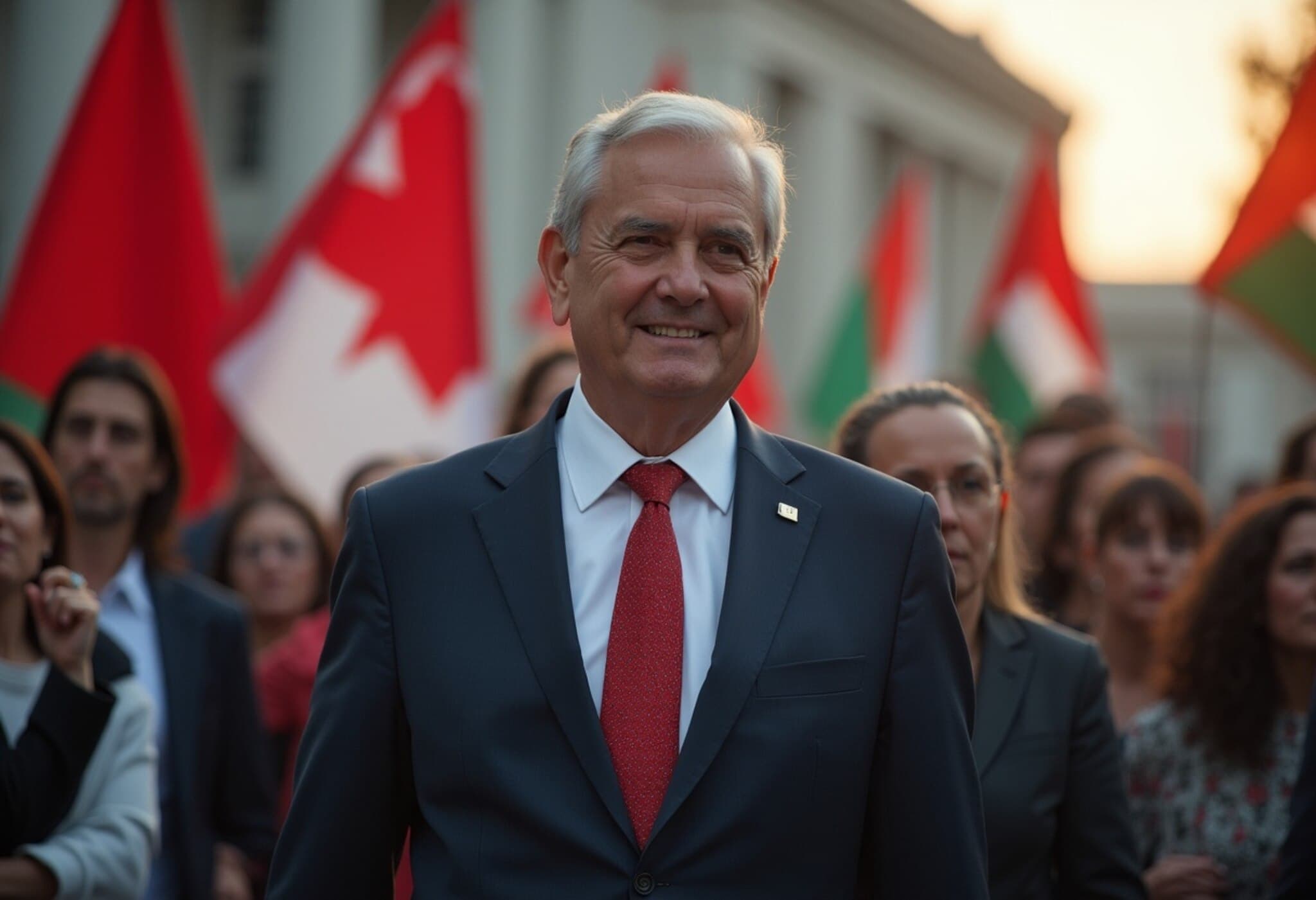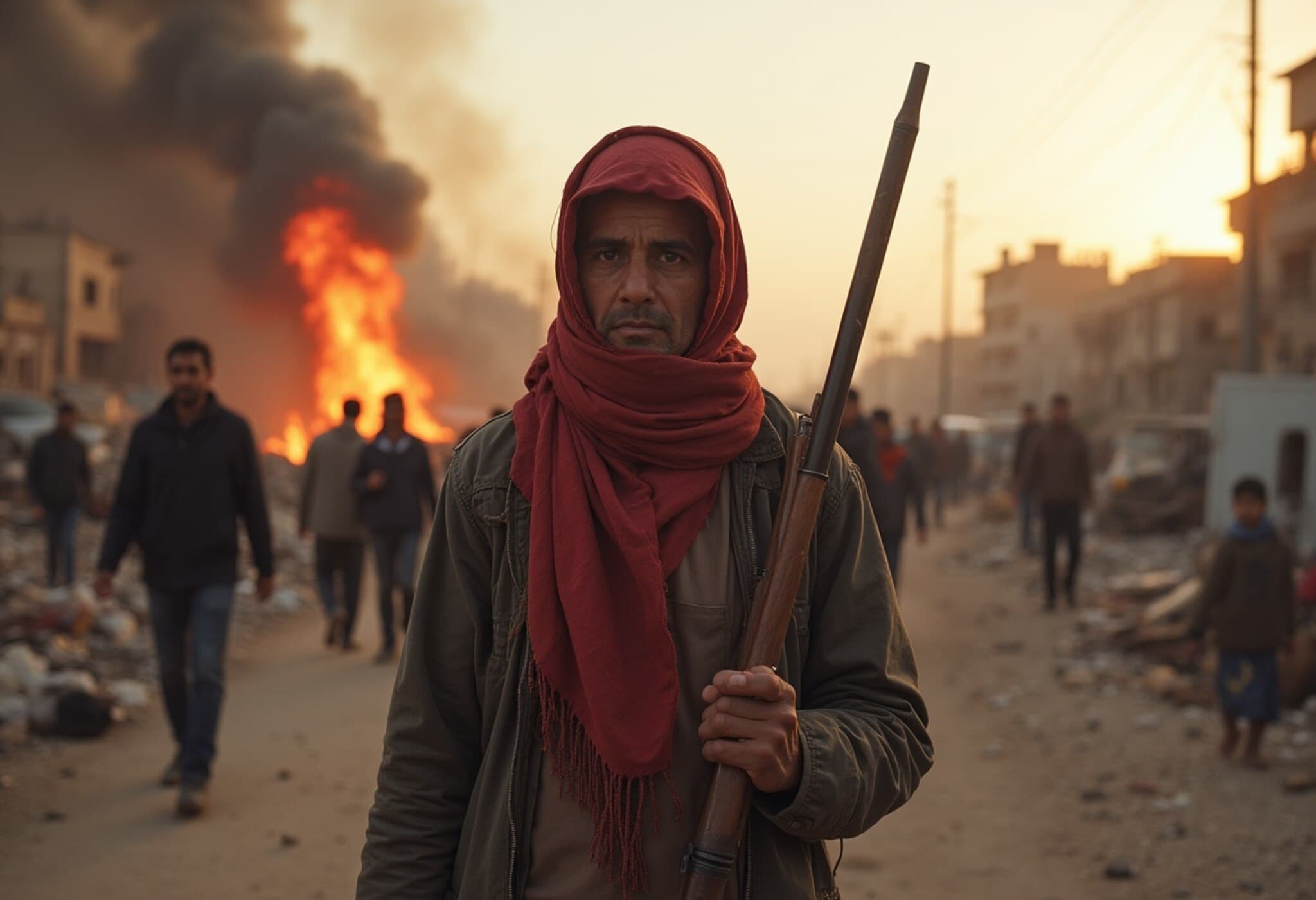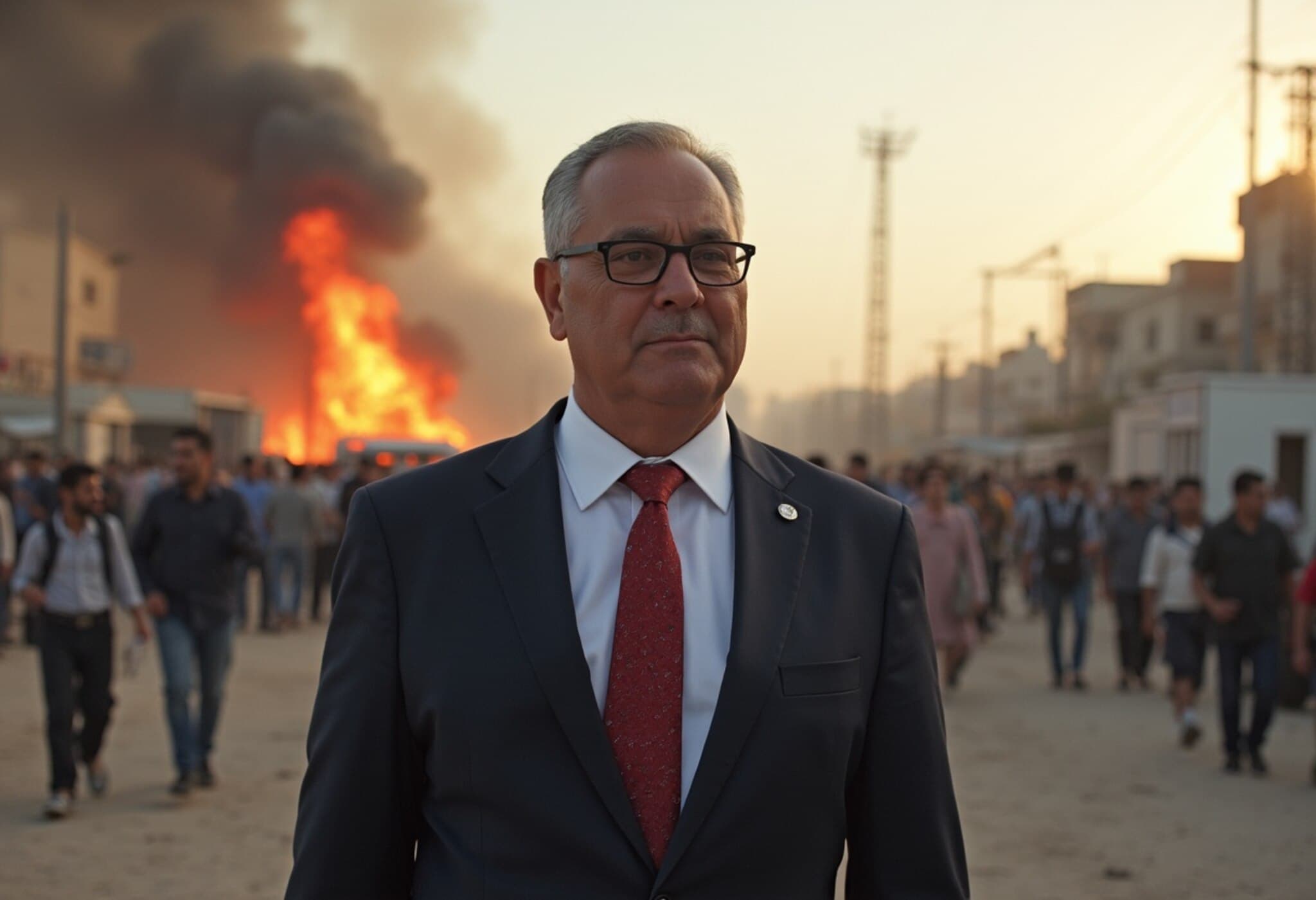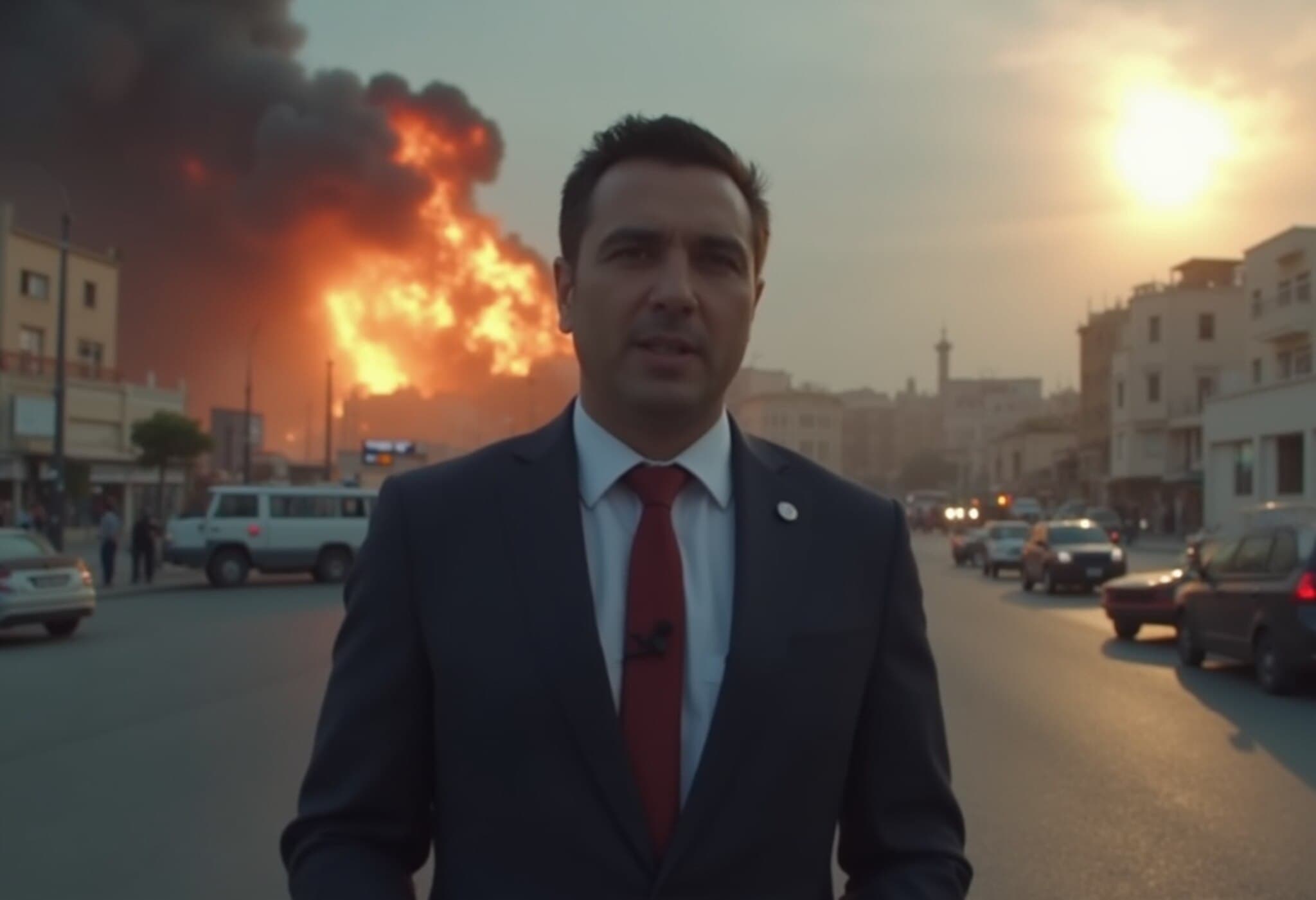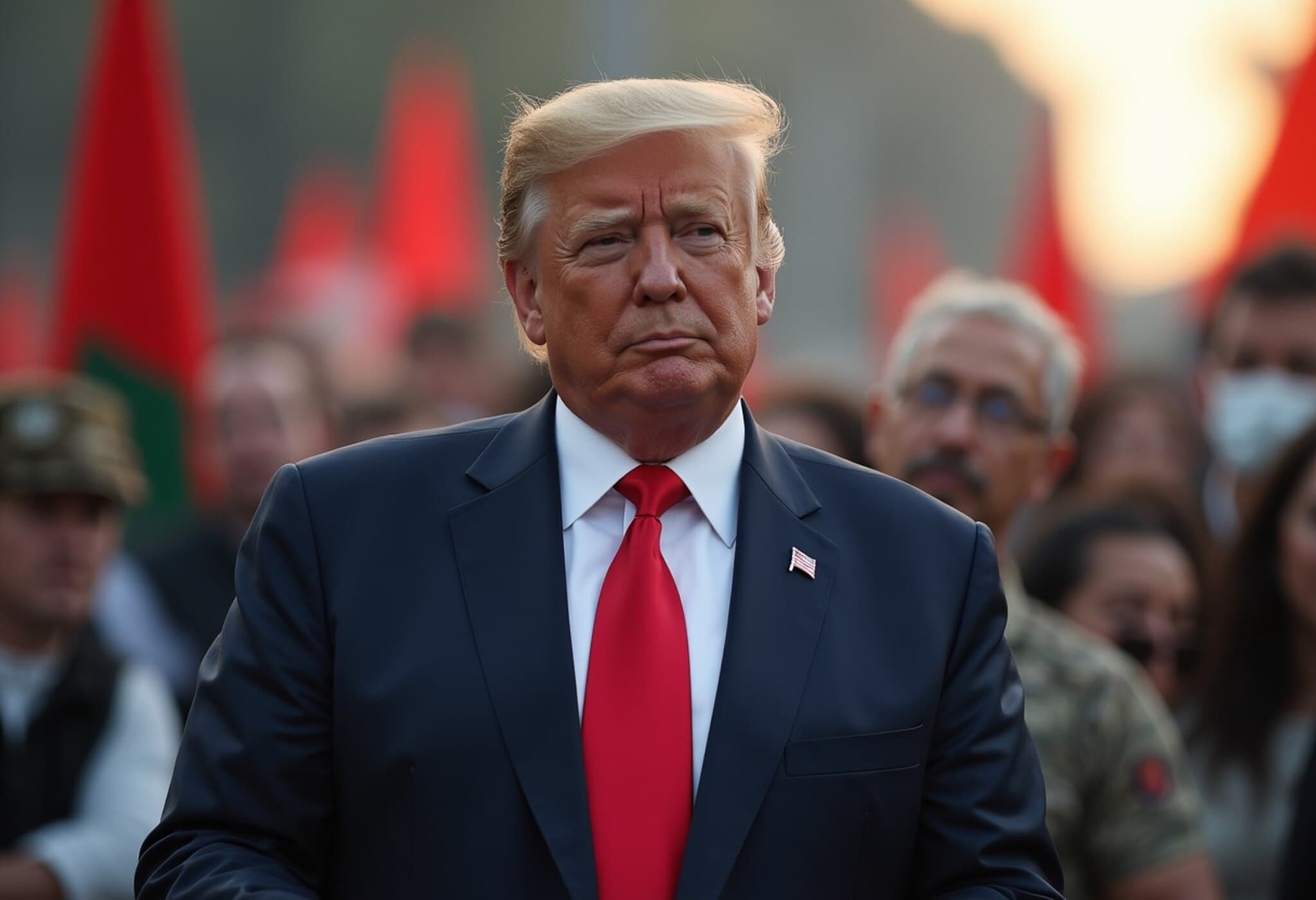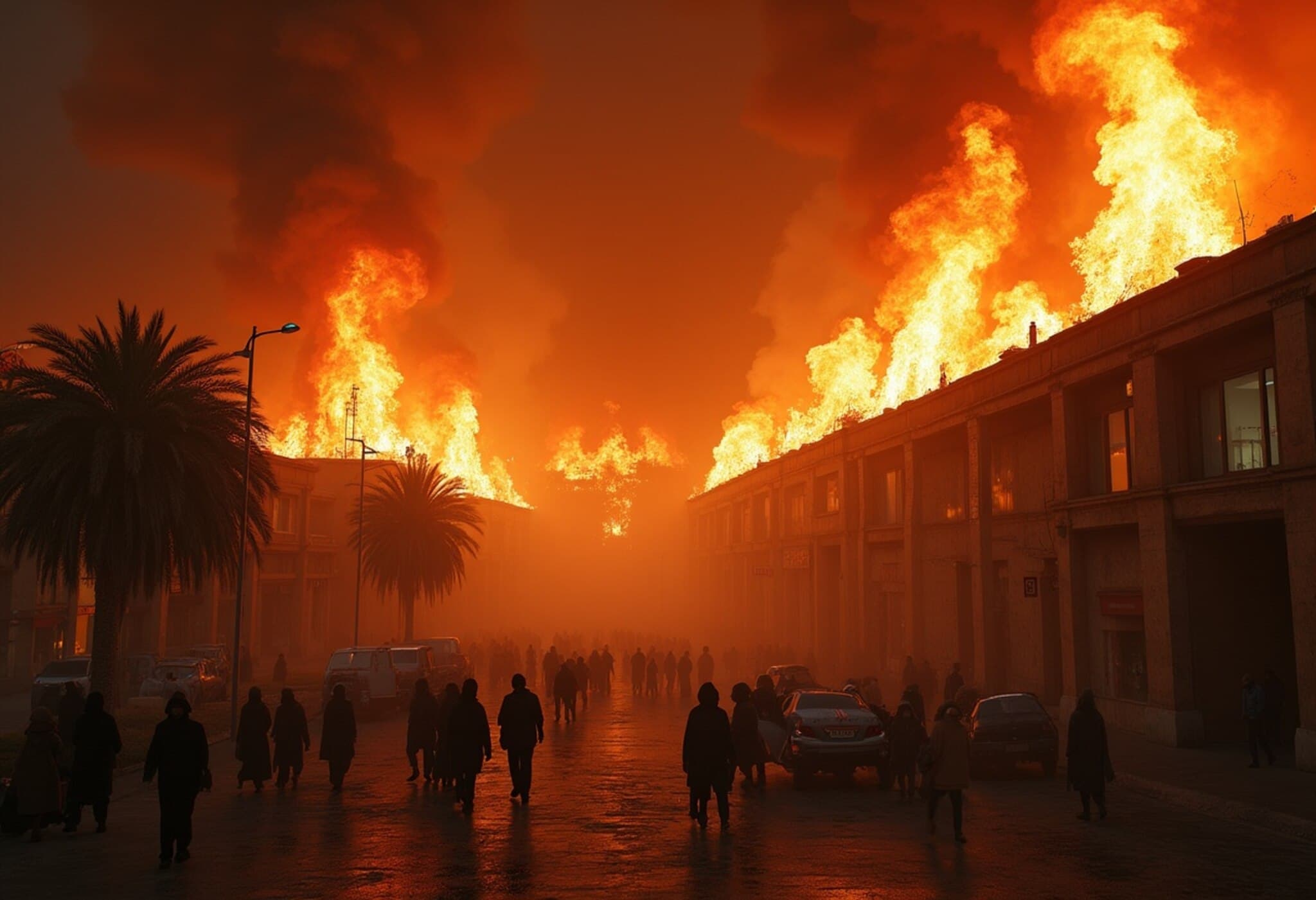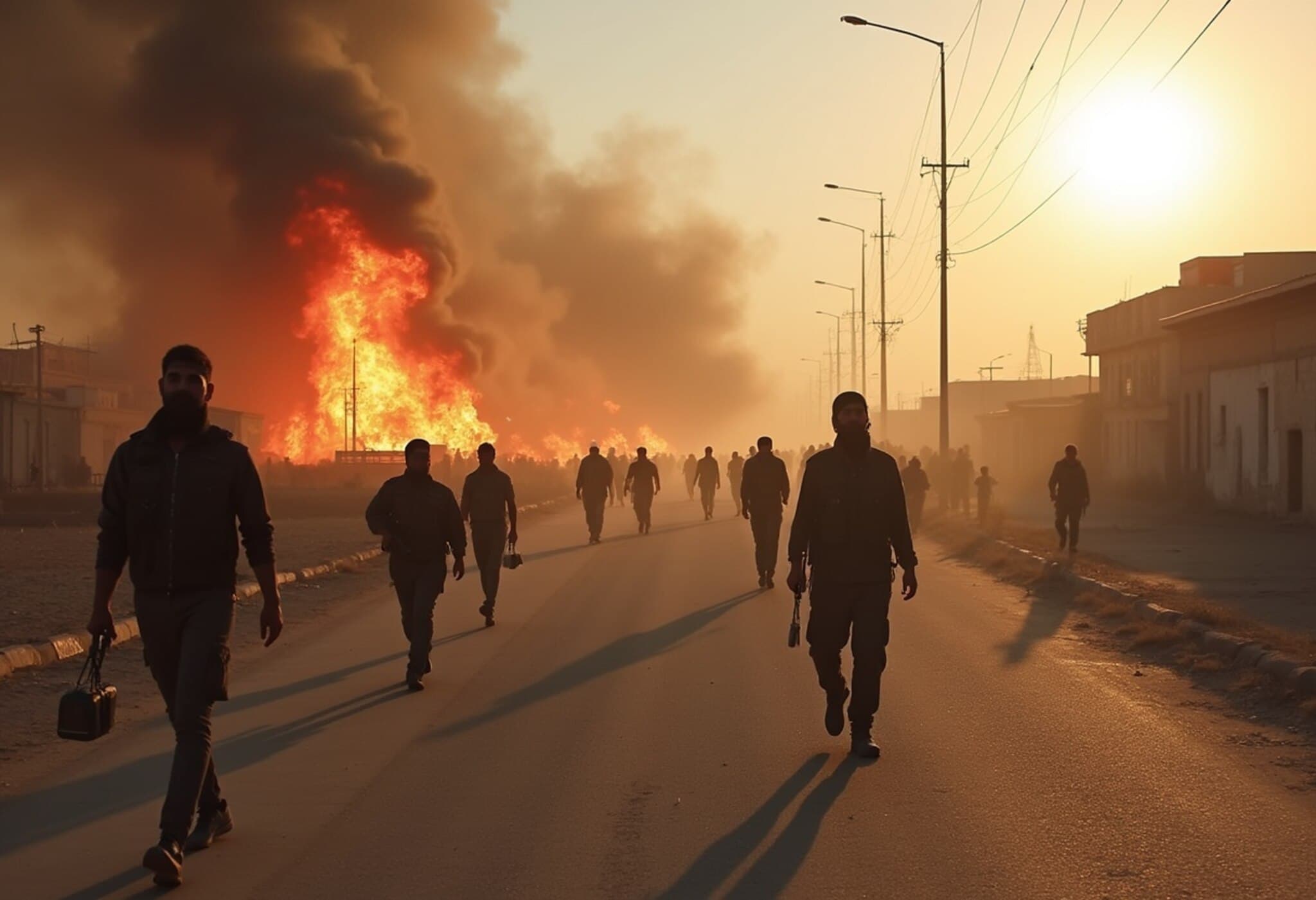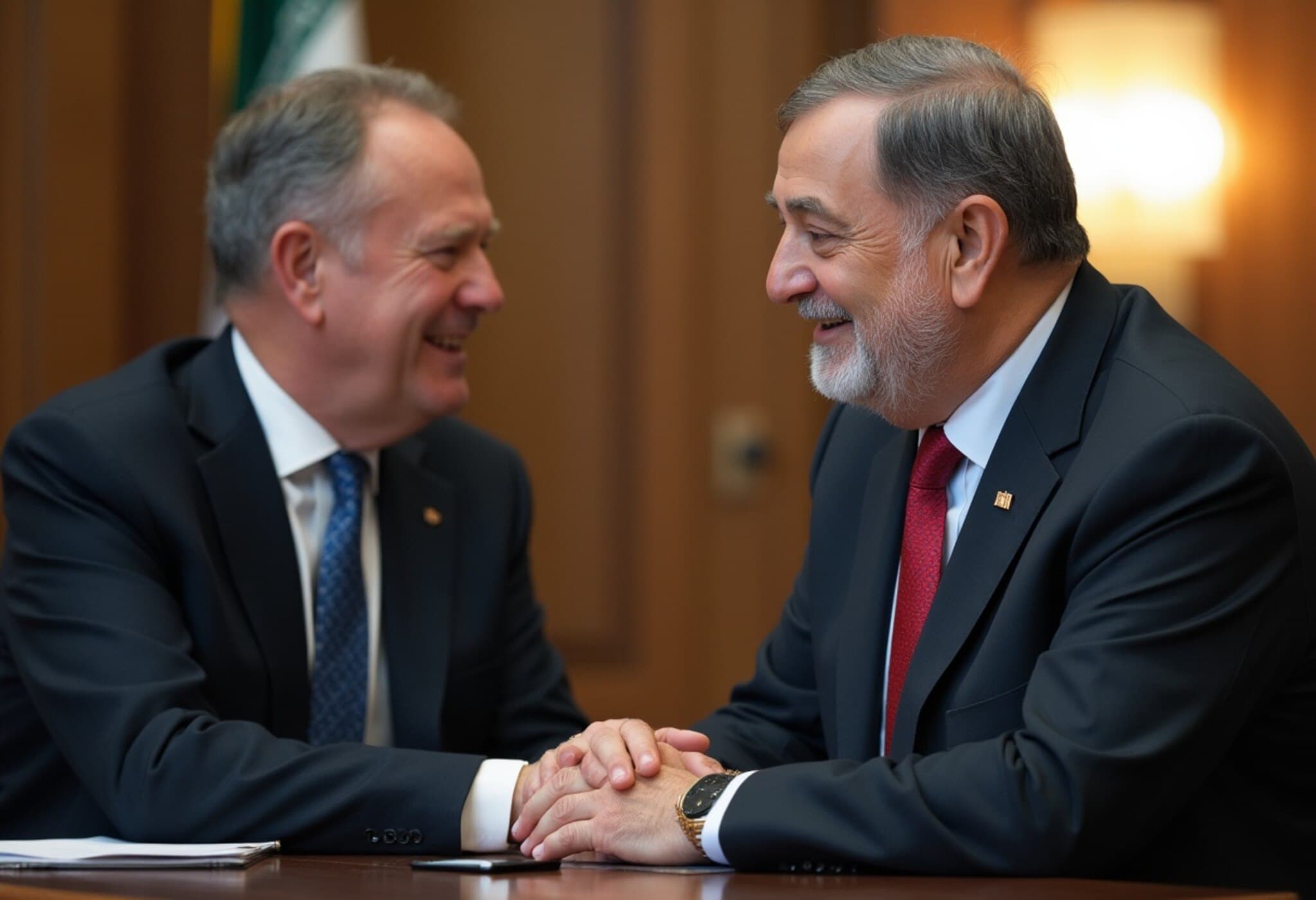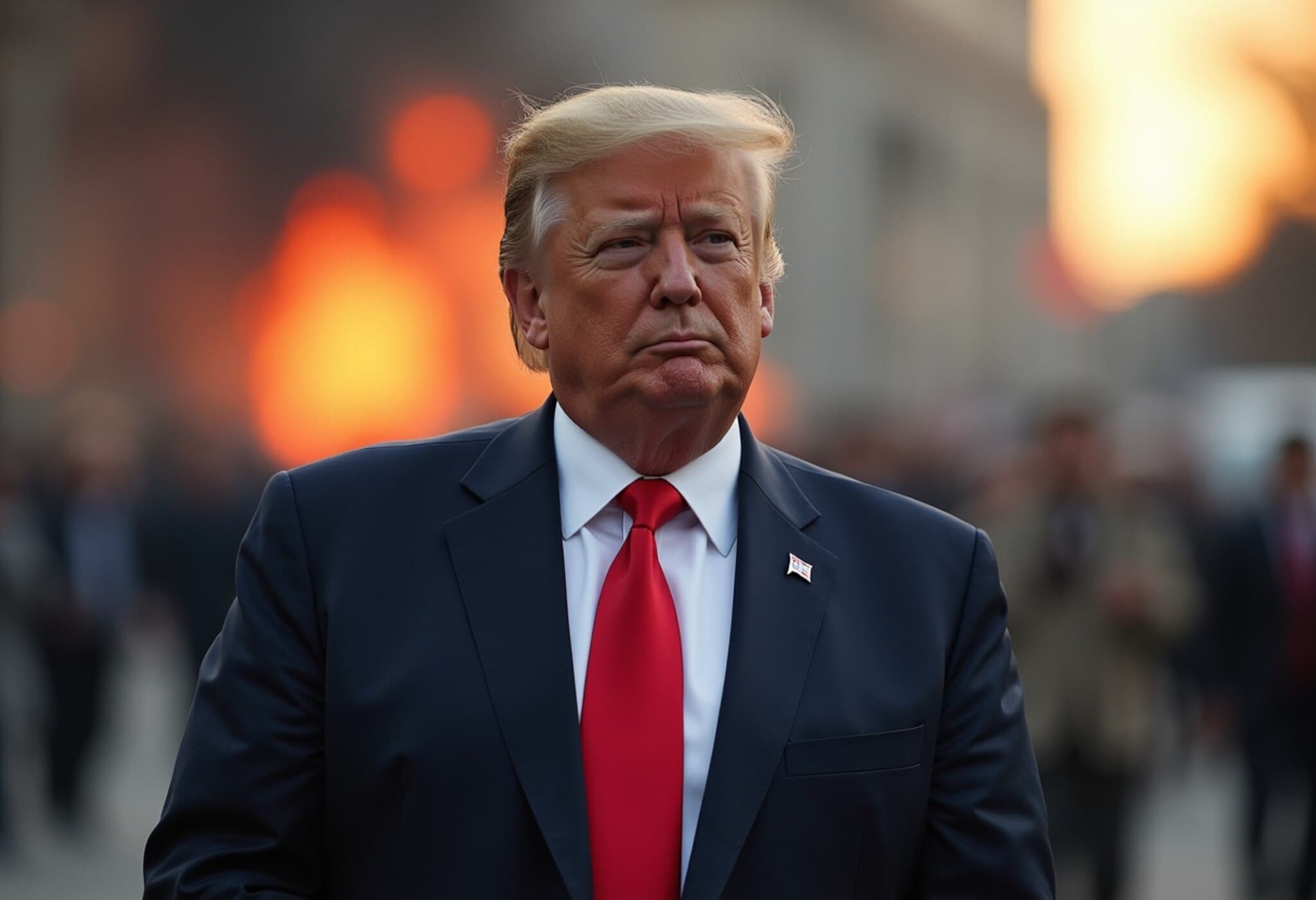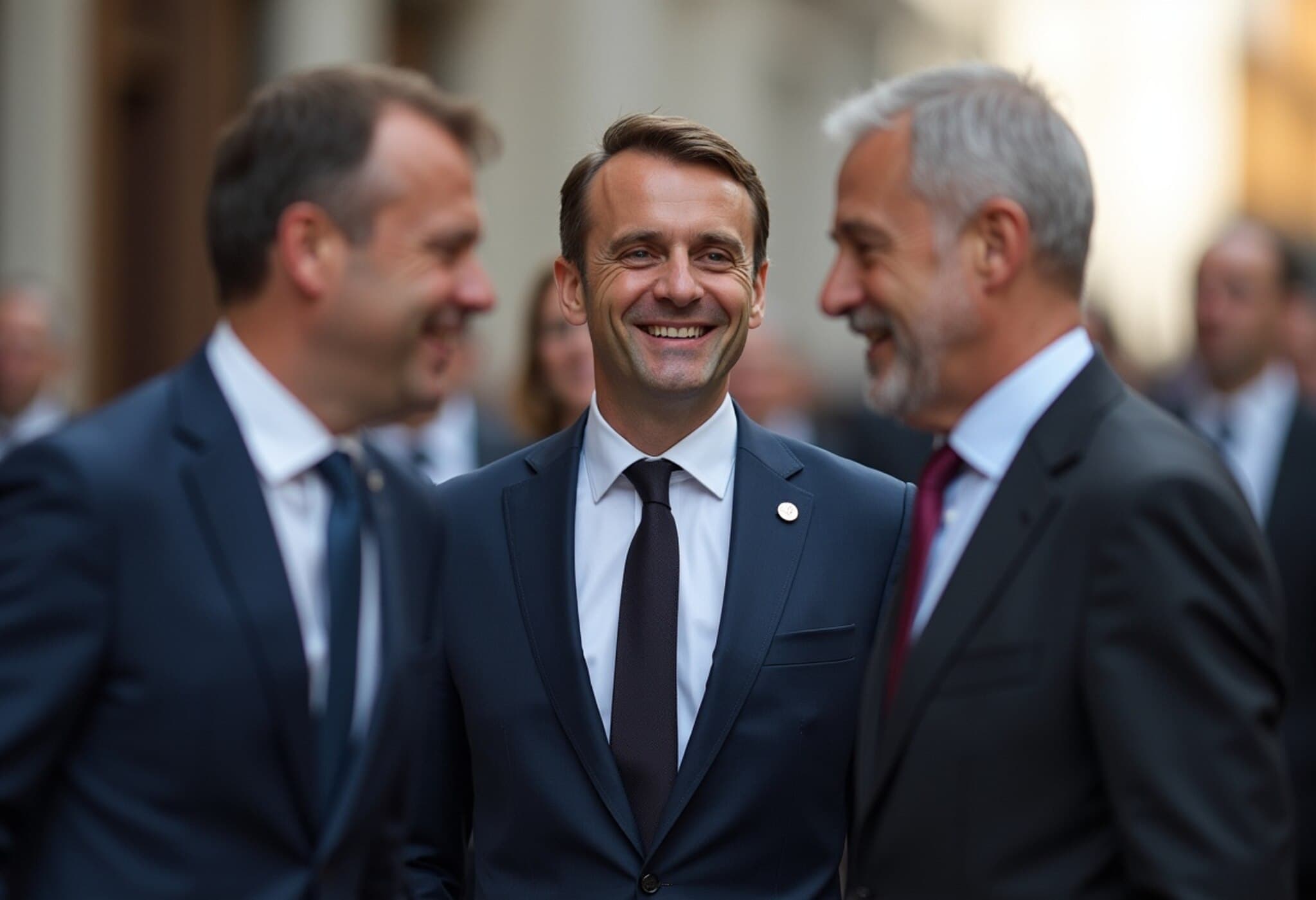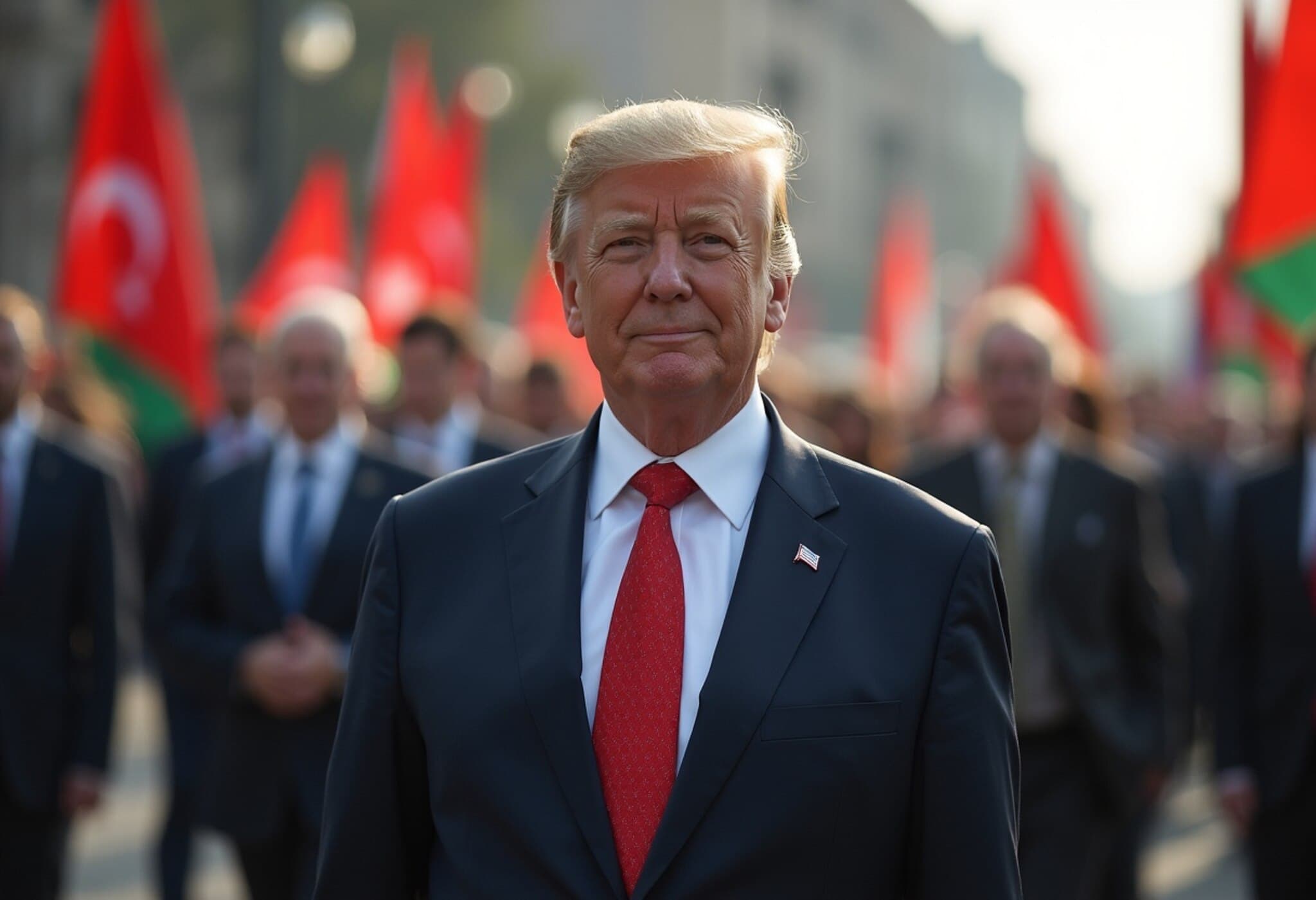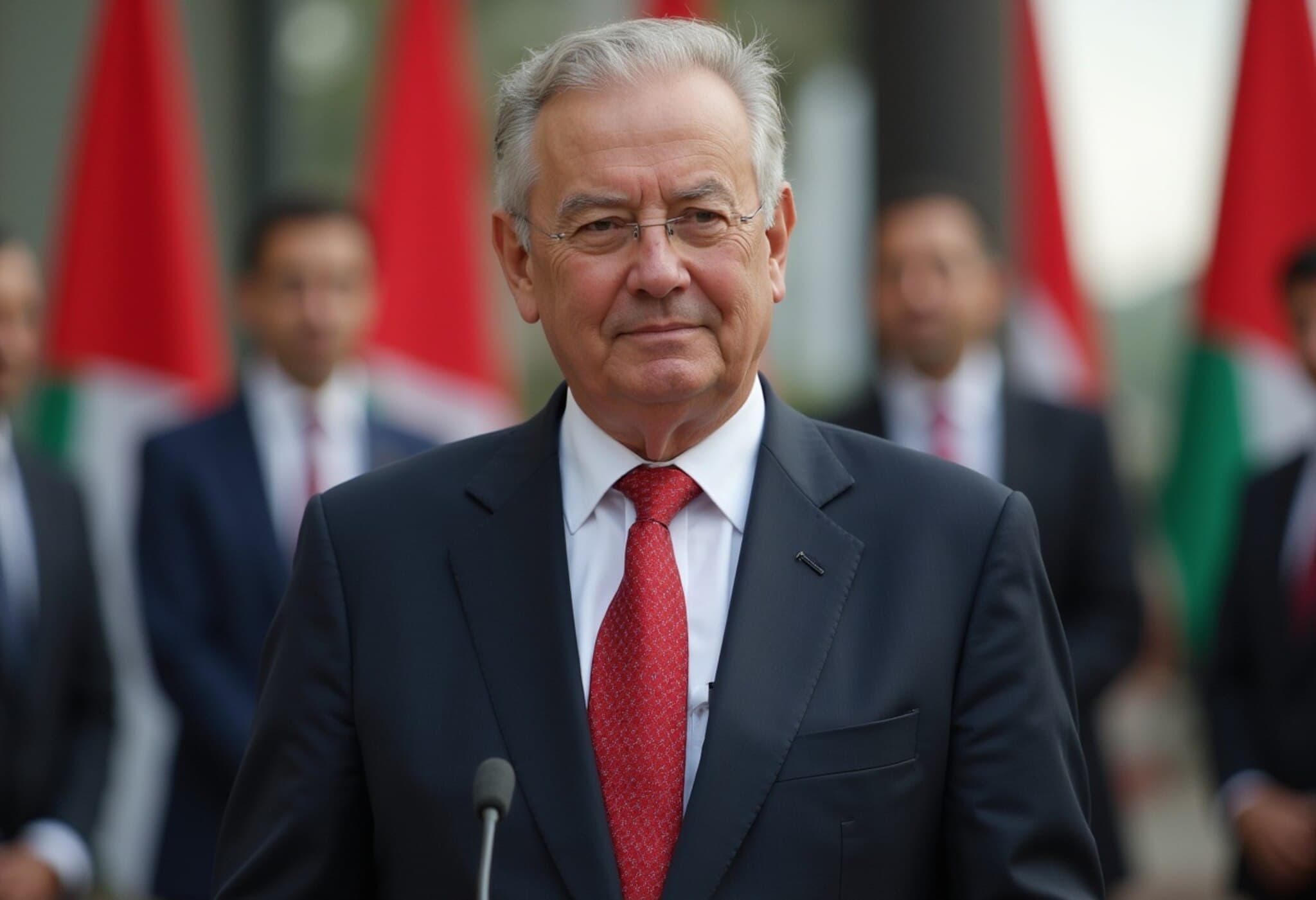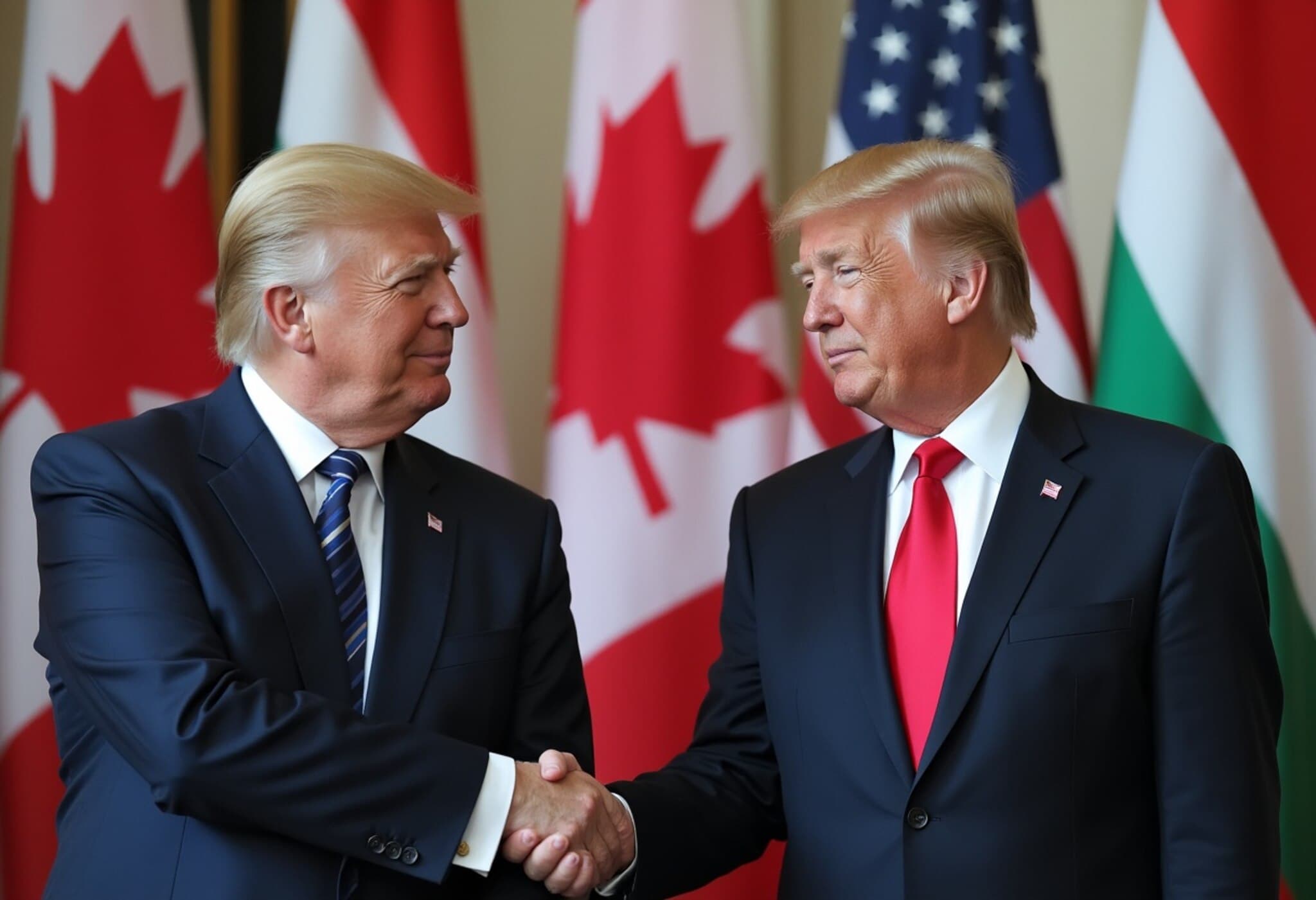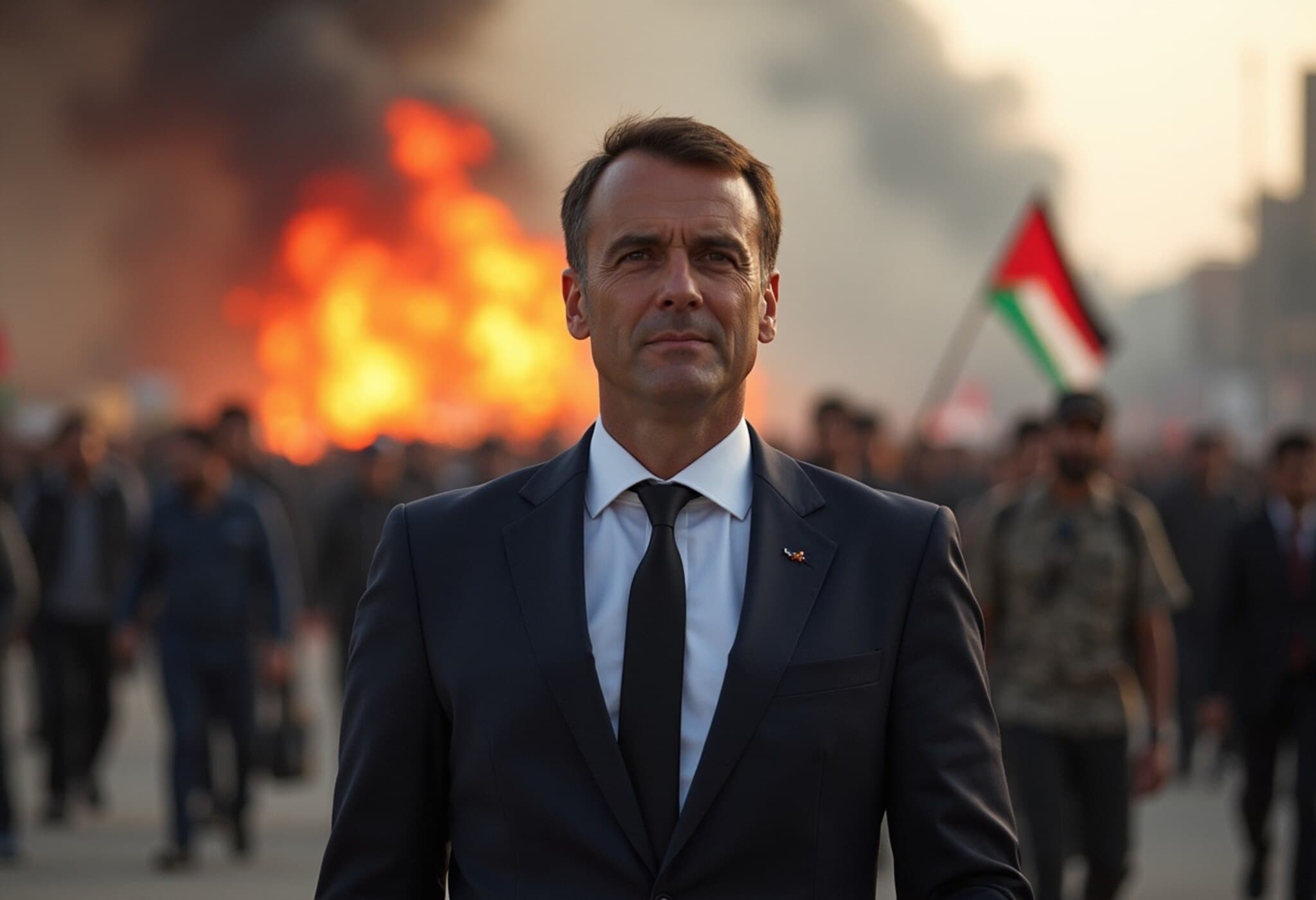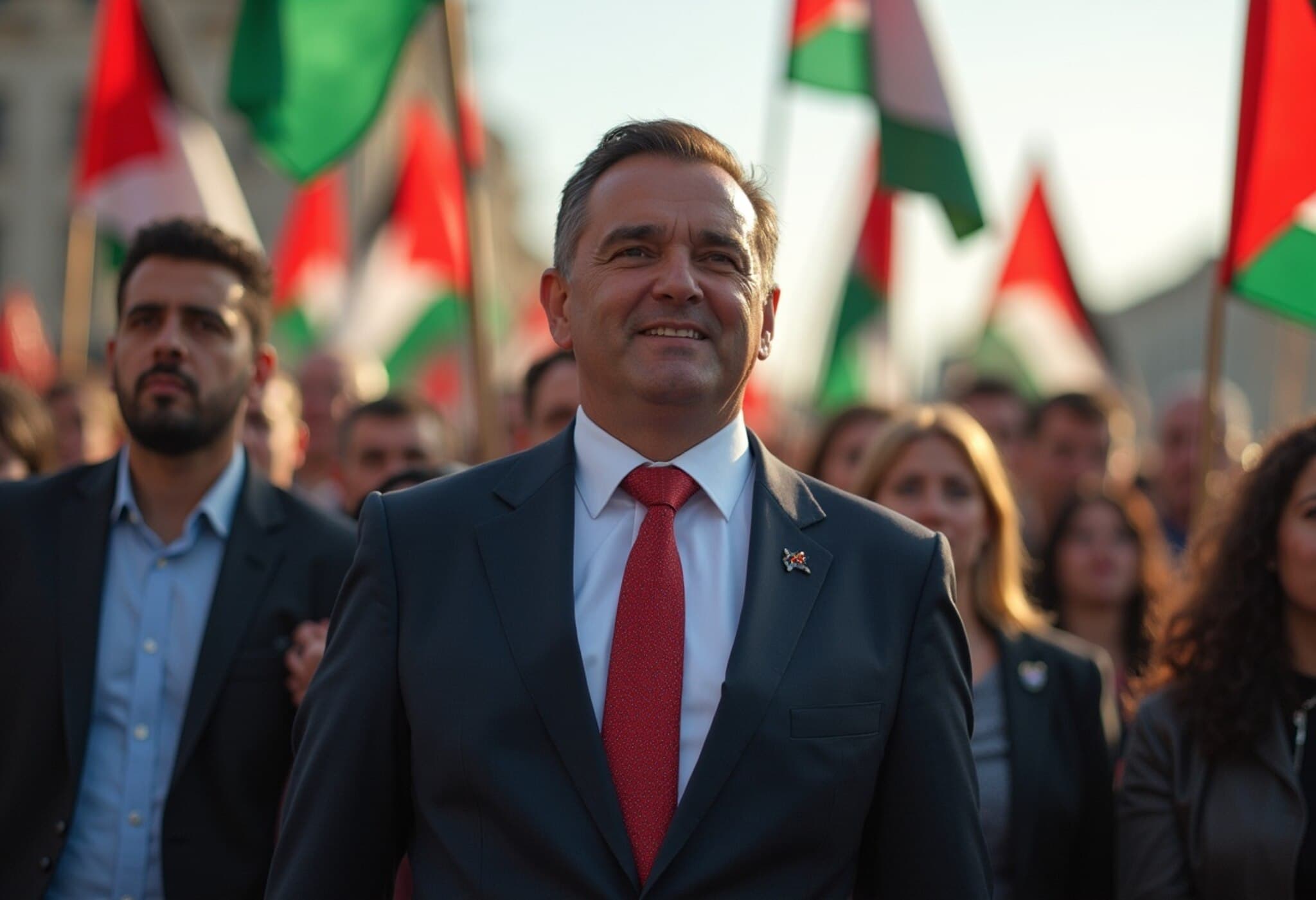Canada’s Groundbreaking Move to Recognize Palestinian Statehood
In a significant foreign policy shift, Canada announced on July 30, 2025, that it will officially recognize Palestine as a sovereign state, contingent on key reforms within the Palestinian Authority. This decision, set to be formalized during the upcoming United Nations General Assembly in September, marks Canada’s alignment with France and Britain in recalibrating their stance amid the prolonged conflict in Gaza.
Prime Minister Mark Carney’s Vision and Conditions
Prime Minister Mark Carney, leading the Liberal government since spring 2025, has taken a more vocal approach regarding the humanitarian crisis unfolding in Gaza. During a virtual cabinet meeting from Ottawa, Carney disclosed that the recognition hinges on the Palestinian Authority committing to:
- Holding democratic elections—the first since 2006;
- Excluding Hamas from governance;
- Facilitating the return of Israeli hostages.
Carney emphasized that this step reflects Canada’s enduring commitment to a two-state solution, envisioning a free and viable Palestinian state peacefully coexisting with Israel.
International Context and Reactions
This announcement follows France’s declaration last week and Britain’s conditional recognition aimed at nudging Israel towards a cease-fire. Canada’s Foreign Minister, Anita Anand, announced an aid package of 10 million Canadian dollars (approximately $7.2 million) to support Palestinian state-building efforts.
However, Israel’s Foreign Ministry swiftly condemned the move, branding it a “reward for Hamas” that undermines ceasefire negotiations and hostage release efforts.
Meanwhile, Canada’s foreign affairs department helped orchestrate a joint statement endorsed by 15 countries— including Australia and Ireland—urging other nations to either recognize Palestinian statehood or openly consider it before the UN summit.
Domestic and Geopolitical Implications
Canada’s decision is poised to strain relations, particularly with the United States amid contentious trade negotiations that could escalate tariffs imminently. Domestically, the recognition may deepen political fault lines. The Conservative Party, advocating staunch support for Israel during recent elections, has voiced opposition to such policies and promised stringent measures against pro-Palestine demonstrators.
This bold diplomatic stance reflects not only Canada’s humanitarian concerns but also a strategic realignment aimed at influencing lasting peace in a region long fraught with conflict.
Expert Analysis: Navigating Complex Waters
From an expert perspective, Canada’s move is a double-edged sword. It recognizes the urgent need to support Palestinian self-determination while attempting to maintain diplomatic balance with Israel and Western allies. The conditional recognition cleverly ties progress to democratic reforms and peace-building steps, mitigating potential misuse but inviting scrutiny over enforceability.
Moreover, this underscores a broader shift among Western democracies: a growing impatience with stalled peace processes and a push to redefine international engagement frameworks in the Middle East. Canada's leadership here could motivate other nations to rethink their policies, amplifying pressure on Israel and Palestinian factions alike.
Looking Ahead: Questions and Challenges
- Will the Palestinian Authority fulfill the conditions set by Canada, particularly regarding elections and excluding Hamas?
- How will Israel and its allies respond diplomatically beyond condemnation?
- Could this recognition catalyze meaningful progress toward a ceasefire or complicate peace talks further?
- What impact will this have on Canada’s trade negotiations and domestic political landscape?
Editor’s Note
Canada’s decision to recognize Palestine represents a pivotal moment in Middle East diplomacy that reverberates far beyond Ottawa. By linking recognition with accountability and democratic reforms, Canada is attempting to navigate one of the world’s most intractable conflicts with nuance and principle. Yet, the path ahead is fraught with uncertainty. As global powers recalibrate their stances, the coming months will reveal whether this diplomatic gamble can translate into tangible progress on peace or deepen existing tensions. Readers should watch closely the unfolding responses from the U.S., Israel, and regional actors, alongside developments within Palestine itself.

